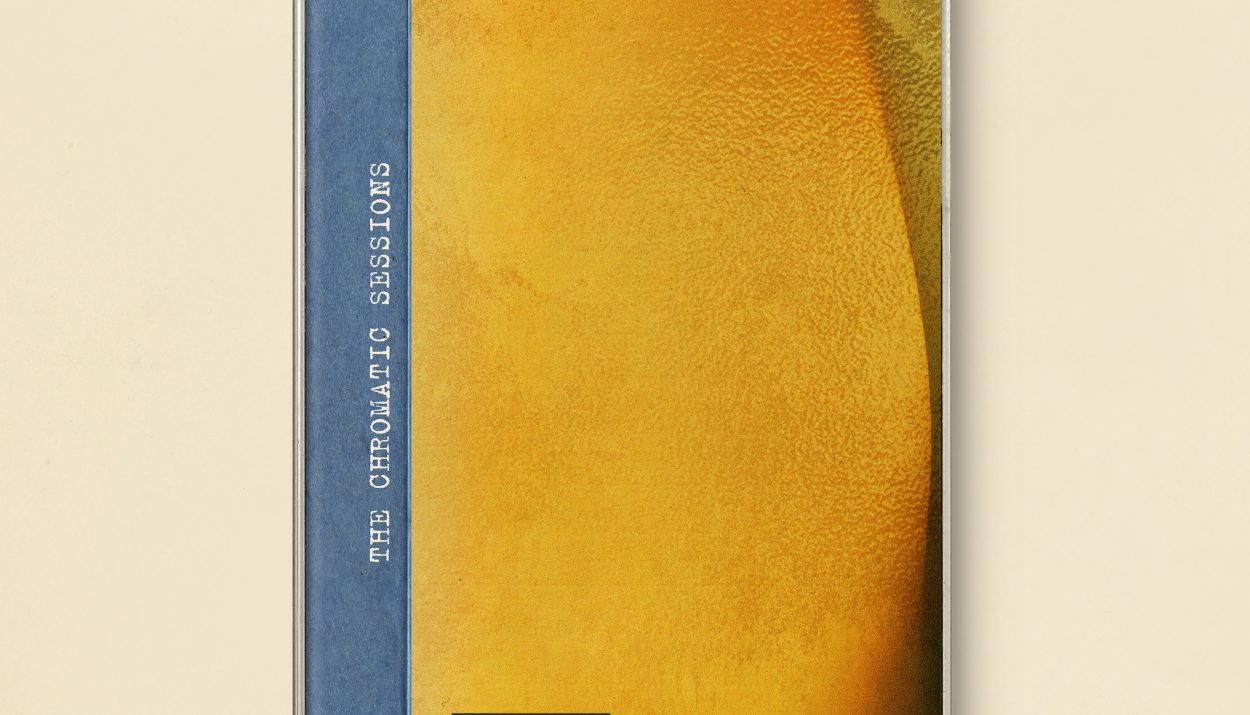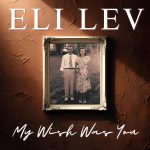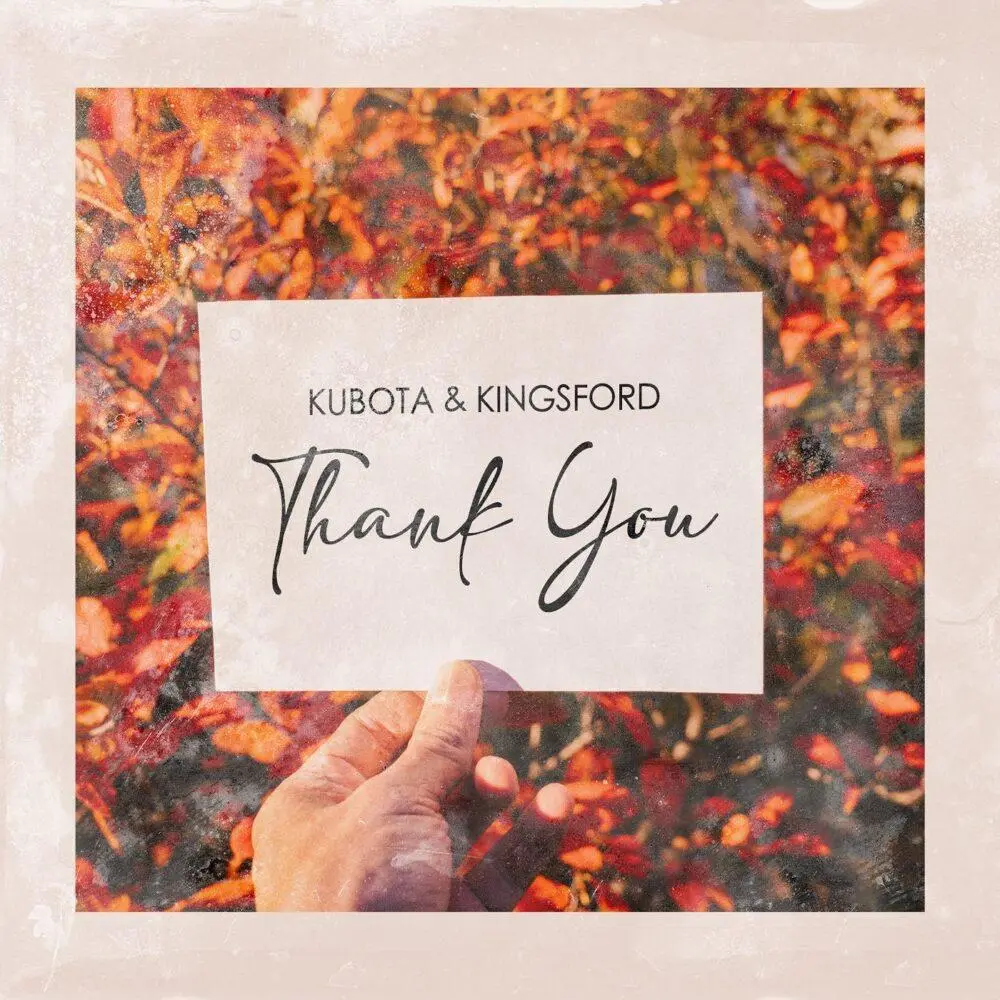Some artists create music that feels like it’s meant to fill grand concert halls, towering with orchestrations and cinematic swells. Others, like Dustin O’Halloran, remind us that music can be at its most profound when it is pared back to its barest essence—when it feels like you’ve been invited into the private hush of an artist’s thoughts. His latest release, Gold, is one of those moments: a single improvised piano piece that offers both intimacy and transcendence in just a few minutes.
For those new to his work, Dustin O’Halloran is a composer and pianist whose career spans luminous solo projects, celebrated collaborations, and acclaimed film scores. Born in Arizona and raised in Los Angeles, he has made a name for himself not only through his albums but also with A Winged Victory for the Sullen, his ambient project with Adam Wiltzie. His music has soundtracked some of cinema’s most poignant scenes, most recently Scarlett Johansson’s directorial debut, Eleanor the Great. With a background that bridges classical tradition and contemporary innovation, O’Halloran’s artistry thrives in spaces where emotion, fragility, and human connection take center stage.
Gold feels like a reply to the more ambitious scope of his 2024 concept album 1 0 0 1, where he wrestled with questions about consciousness and technology. Instead of complexity and structure, here we find openness, imperfection, and honesty. Recorded in one take in his Reykjavík studio, Gold resists polish in favor of truth. The microphones were set up simply, almost casually, as if to preserve the purity of the moment. What results is not a performance so much as a document—an unrepeatable conversation between O’Halloran and his piano.
From the onset, there’s a stillness that feels almost sacred. The melody doesn’t rush; it breathes. O’Halloran’s touch is feather-light, yet each tone carries weight, blooming with resonance in the room’s natural acoustics. The silences between the notes become as essential as the notes themselves, shaping the piece into something contemplative and deeply human. It is music that listens back as much as it speaks.
What made Gold so powerful is precisely its imperfections. I could hear the faint edges of the piano, the slight hesitations that reveal the vulnerability of a real-time improvisation. These small details, often smoothed away in modern production, became the gold dust that gave the track its glow. The sound wasn’t adorned with strings, electronics, or layers of overdubs—just the pure timbre of piano, unguarded and alive.
As a listener, I felt not only like I was hearing a piece of music, but like I was stepping into O’Halloran’s studio, breathing in the same quiet air, and sharing in a fleeting moment of solitude. Gold is not about virtuosity or spectacle; it is about presence, about the human need to stop and let beauty arrive in its simplest form.
Dustin O’Halloran’s gift has always been his ability to distill vast emotions into delicate sound. With Gold, he reminds us that imperfection is not a flaw—it’s a mirror of life itself. This single is not just a composition; it’s a golden fragment of time, captured and offered to us with grace.
Listen to “Gold” on Spotify
Follow Dustin O’Halloran on Instagram






